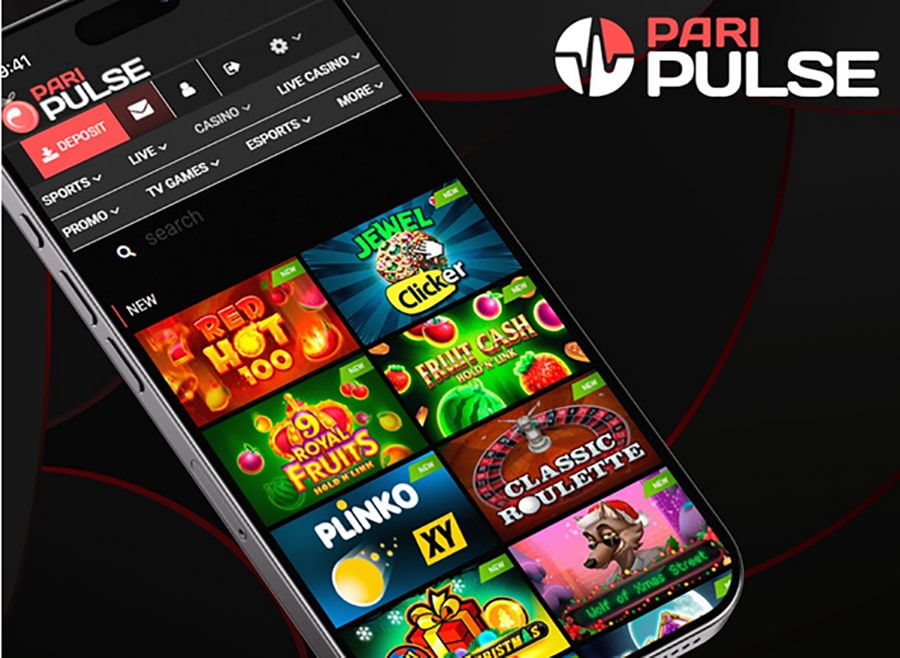Last Thursday, my friend Megan announced she was deleting all her social media accounts. It wasn’t dramatic—no grand farewell post or lengthy explanation—she just texted our group chat saying she was done. When we met for coffee the next day, I expected some dramatic story about online harassment or privacy concerns. Instead, she shrugged and said, “I just realized I was spending three hours daily scrolling through garbage and advertisements for online betting sites in Bangladesh when I could be reading actual books.” Her nonchalance struck me—quitting social media, once viewed as a radical act akin to moving off-grid, has become increasingly commonplace. As I’ve paid more attention, I’ve noticed an unmistakable trend: people across age groups are quietly stepping away from platforms that once seemed essential to modern life. So what’s driving this digital exodus?
The Mental Health Awakening
Remember when “Fear Of Missing Out” dominated our relationship with social platforms? That anxiety about not being included or not knowing what friends were doing drove compulsive checking and scrolling. Interestingly, I’ve noticed a shift in cultural attitude toward what some are calling “Joy Of Missing Out”—a deliberate pleasure in disconnecting from the constant updates.
My cousin Sarah deleted Instagram after realizing she couldn’t enjoy her own vacation without thinking about how to capture and share it. “I was at this beautiful beach sunset in Hawaii,” she told me, “and caught myself feeling annoyed that the colors weren’t as vibrant as they would appear with a filter.” That moment of clarity—recognizing that the platform was diminishing rather than enhancing her real experiences—became her tipping point.
The Comparison Fatigue
For years, we’ve understood intellectually that social media presents curated, idealized versions of lives. Yet knowing this doesn’t seem to fully protect against the psychological impact of constant comparison. My neighbor, who’s 57 and recently deleted Facebook after maintaining an active presence since 2008, described it as “death by a thousand paper cuts to my self-esteem.”
What struck me about his explanation was that it wasn’t dramatic individual posts causing harm—it was the cumulative effect of years of subtle comparisons. “I didn’t realize how much it affected me until two weeks after quitting, when I noticed I felt dramatically better about my life,” he explained while watering his garden, looking noticeably more relaxed than I’d seen him in years.
The Time Reclamation Movement
The math of social media usage has become increasingly troubling for many. Screen time reports showing 2-4 hours daily on social platforms translates to 730-1,460 hours annually—the equivalent of 18-36 full waking weeks per year. As my colleague Ben put it after deleting Twitter, “I realized I was spending a full-time job’s worth of hours each year getting angrier about things I could never change.”
People are increasingly asking what those hours could be redirected toward. My sister regained her abandoned hobby of painting. A friend finally wrote the short stories he’d been talking about for years. The opportunity cost of social media time has become more visible as people step away and discover how much life fits into those reclaimed hours.
The Diminished Value Proposition
What’s fascinating to me is how the perceived value of social platforms has shifted. Early adopters remember when Facebook meant genuine connection with distant friends, or when Instagram showcased actual photography skills rather than influencer marketing. The growing commercialization and algorithm changes have fundamentally altered what users receive in exchange for their attention.
My hairdresser, who built her business through Instagram, recently scaled back her usage drastically. “It used to bring me clients who appreciated my work,” she explained while trimming my hair. “Now it brings me algorithm headaches and pressure to create content nobody actually cares about.” She still maintains a minimal presence for her business but has removed the apps from her phone, checking only from her computer twice weekly.
Privacy Concerns Reach Critical Mass
Privacy concerns around social media aren’t new, but they’ve evolved from abstract worries to concrete impacts. When my friend’s insurance company cited his Facebook check-ins at a climbing gym to justify a rate increase, the theoretical suddenly became very real. Similar stories abound in my circles—job opportunities affected by old posts, relationship complications from algorithmic “suggestions,” identity theft facilitated through information gleaned from profiles.
What’s changed isn’t just the existence of these concerns but their accessibility to average users. Whereas privacy worries were once the domain of tech specialists, now even my technologically challenged parents understand and worry about how their data is being used and monetized.
The Post-Scandal Era
Each platform scandal—from Cambridge Analytica to data breaches to internal document leaks—has eroded trust incrementally. Few people I know cite any single incident as their reason for leaving, but rather describe a gradual dissolution of the social contract between users and platforms. As my former coworker put it, “It wasn’t one big betrayal, it was death by a thousand cuts to my trust.”
Is This the Beginning of the End?
Social media isn’t disappearing anytime soon, but its role seems to be evolving. Many people I know are shifting to smaller, more private communities like group chats, niche forums, or platforms with more limited scope. Others maintain minimal presences while dramatically reducing time spent scrolling.
What stands out to me is how unremarkable quitting has become. When I deleted Facebook four years ago, friends reacted with concern and confusion. When Megan left all platforms last week, our response was closer to mild curiosity and subtle envy. That normalization of opting out may ultimately prove more significant than any individual platform’s rise or fall.
The question isn’t whether social media will continue existing, but whether it will continue commanding the central role in digital life it once held. Based on the quiet exodus I’m witnessing, that future seems increasingly uncertain.


